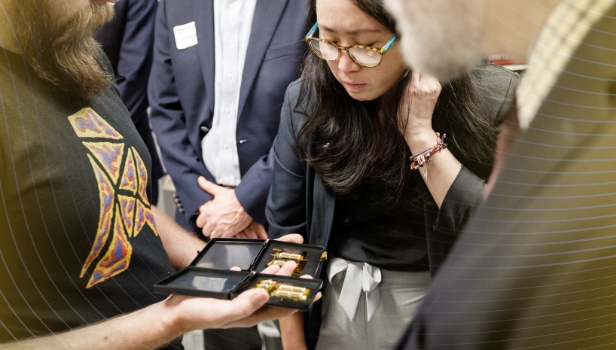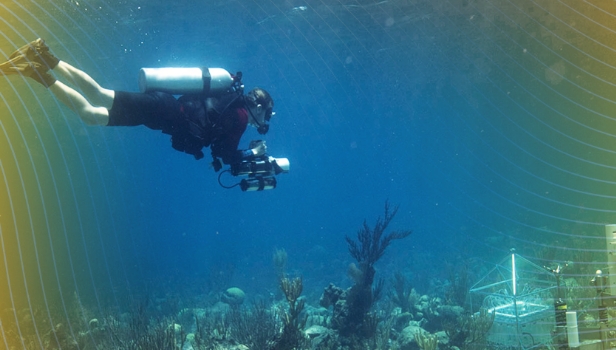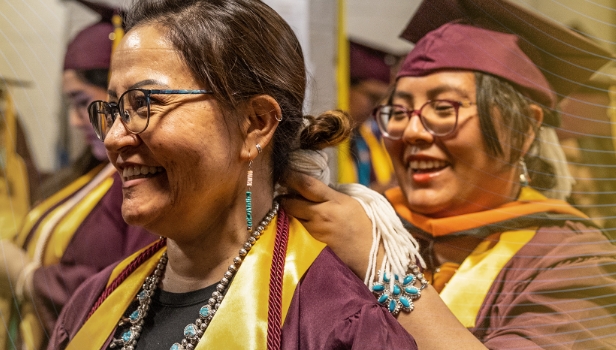ASU websites use cookies to enhance user experience, analyze site usage, and assist with outreach and enrollment. By continuing to use this site, you are giving us your consent to do this. Learn more about cookies on ASU websites in our Privacy Statement.
Mission: To serve as a resource to university leadership, university enterprises (Knowledge, Learning and Academic), ASU faculty and staff by managing external funded and unfunded research compliance risks through the following:
- Education and outreach on compliance areas.
- Efficient processes to make compliance as easy as possible for the regulated community.
- Support institutional compliance committees.
- Provide institutional oversight.
- Supporting the ethical conduct of research in compliance with federal, state, and university regulations.
Vision: To provide resources to ASU faculty, staff and students ensuring research is performed with the highest ethical standards, safely and in compliance with all applicable regulations and policies.
For Research Compliance news and announcements please see this document.
Through key committees, related programs and activities, Research Compliance personnel coordinate the development of, implement and oversee university policies related to research compliance and provides support for the responsible conduct of research for the following areas:
Upcoming workshops
Research Compliance hosts several workshops a year during fall and spring semesters. The workshops are led by faculty or staff with expertise in the topic area.
Upcoming workshops can be found at the links below:
Core principles
Protection of research subjects
Conducting experiments safely
Compliance with regulations
Upholding ethical standards
Complaints or concerns about any compliance area can be reported to ORIA by mail, phone, or email, or reported to the ASU Hotline for Ethics and Compliance (1-877-786-3385). Complaints can be made anonymously. All complaints will be kept confidential to the extent possible, and with full protection from reprisal.











